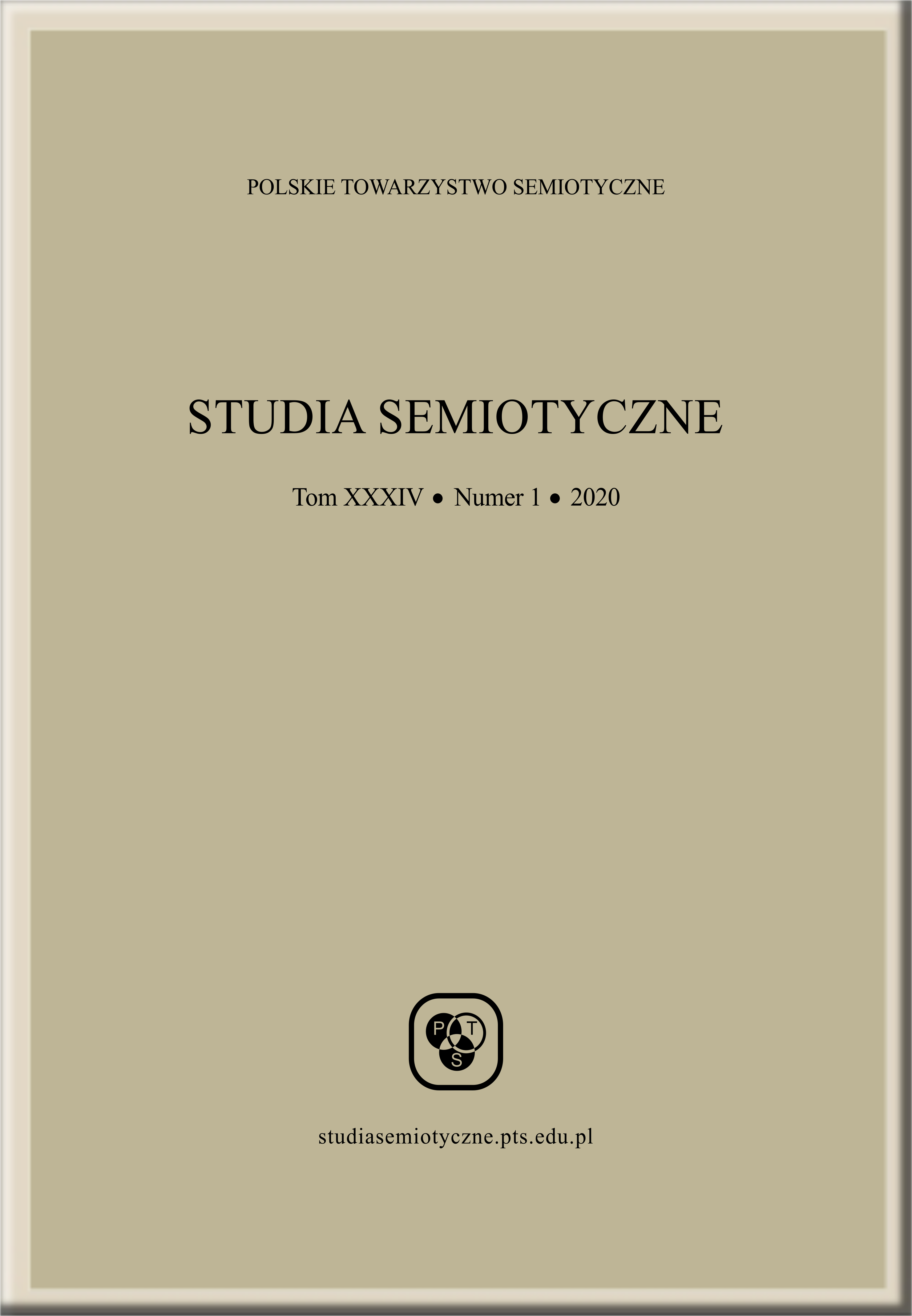Abstract
DOI: http://doi.org/10.26333/sts.xxxiv1.13
We argue that thinking of the man-machine comparison in terms of a contest involves, in a reasonable scenario, a criterion of success that is neutral. This is because we want to avoid a petitio principii. We submit, however, that, by looking at things this way, one makes the most essential human things invisible. Thus, in a sense, the contest approach is self-defeating.
References
AlphaZero: Shedding New Light on Chess, Shogi, and Go”. (n.d.). Retrieved from: https://deepmind.com/blog/article/alphazero-shedding-new-light-grand-games-chess-shogi-and-go
Bowie, G. L. (1982). Lucas’ Number Is Finally Up. Journal of Philosophical Logic, 11, 279–285.
Donaldson, S. (1999). The Killing Stroke. In: Reave the Just, and Other Tales (pp. 79–157). London: Voyager, HarperCollins.
Dummett, M. (1959). Truth. Proceedings of the Aristotelian Society, 59, 141–162.
Feferman, S. (1960). Arithmetization of Metamathematics in a General Setting. Fundamenta Mathematicae, 49, 35–92.
Feferman, S. (1995). Penrose’s Gödelian Argument: A Review of Shadows of Mind, by Roger Penrose. Psyche, 2(7), 21–32.
Gardner, J. (1971). Grendel. New York: Ballantine Books.
Heany, S. (1975). Beowulf, a New Translation. London: Faber and Faber Limited.
Jeroslow, R. G. (1975). Experimental Logics and "∆" _"2" ^"0" -theories. Journal of Philosophical Logic, 4, 253–267.
Kawabata, Y. (2006). The Master of Go. London: Yelow Yersey Press.
Lindström, P. (2001). Penrose’s New Argument. Journal of Philosophical Logic, 30, 241–250.
Lucas, J. R. (1961). Minds, Machines and Gödel. Philosophy, 36, 120–124.
Lucas, J. R. (1968). Satan Stultified: A Rejoinder to Paul Benacerraf. The Monist, 52, 145–158.
Lucas, J. R. (1996). Minds, Machines, and Gödel: A Retrospect. In P. J. R. Millican, A. Clark (Eds.), Machines and Thought. The Legacy of Alan Turing (vol. 1, pp. 103–124). Oxford: Oxford University Press.
Montagna, F. (1978). On the Algebraization of a Feferman’s Predicate (The Algebraization of Theories Which Express Theor; X). Studia Logica, 37, 221–236.
Penrose, R. (1989). The Emperor’s New Mind: Concerning Computers, Minds, and the Laws of Physics. New York: Oxford University Press.
Penrose, R. (1994). Shadows of the Mind: A Search for the Missing Science of Consciousness. New York: Oxford University Press.
Penrose, R. (1995). Beyond the Doubting of a Shadow: A Reply to Commentaries of Shadows of the Mind. Psyche, 2.
Putnam, H. (1965). Trial and Error Predicates and a Solution to a Problem of Mostowski. Journal of Symbolic Logic, 30(1), 146–153.
Shavrukov, V. Yu. (1994). A Smart Child of Peano’s. Notre Dame Journal of Formal Logic, 35, 161–185.
Technological Unemployment. (n.d.). In Wikipedia. Retrieved from: https://en.wikipedia.org/wiki/Technological_unemployment
The Battle. (n.d.). Retrieved from: https://lingualeo.com/es/jungle/the-battle-by-robert-sheckley-53189
The Greatest Japanese Movie Sword Fight of All Time. (n.d.). Retrieved from: https://www.youtube.com/watch?v=e_Ypt67TQyI
Tolkien, J. R. R. (2016). Beowulf, and Translation and Commentary, Together With Selic Spell. London: HarperCollins.
Visser, A. (1986). Kunnen wij elke machine verslaan? Beschouwingen rondom Lucas’ Argument. In P. Hagoort, R. Maessen (Eds.), Geest, computer, kunst (pp. 150–181). Amsterdam: Grafiet.
Visser, A. (1989). Peano’s Smart Children: A Provability Logical Study of Systems With Built-In Consistency. Notre Dame Journal of Formal Logic, 30(2), 161–196.
Visser, A. (2005). Kunnen wij elke machine verslaan? Beschouwingen rond Lucas’ Argument. Algemeen Nederlands Tijdschrift voor Wijsbegeerte, 97(1), 31–59.


